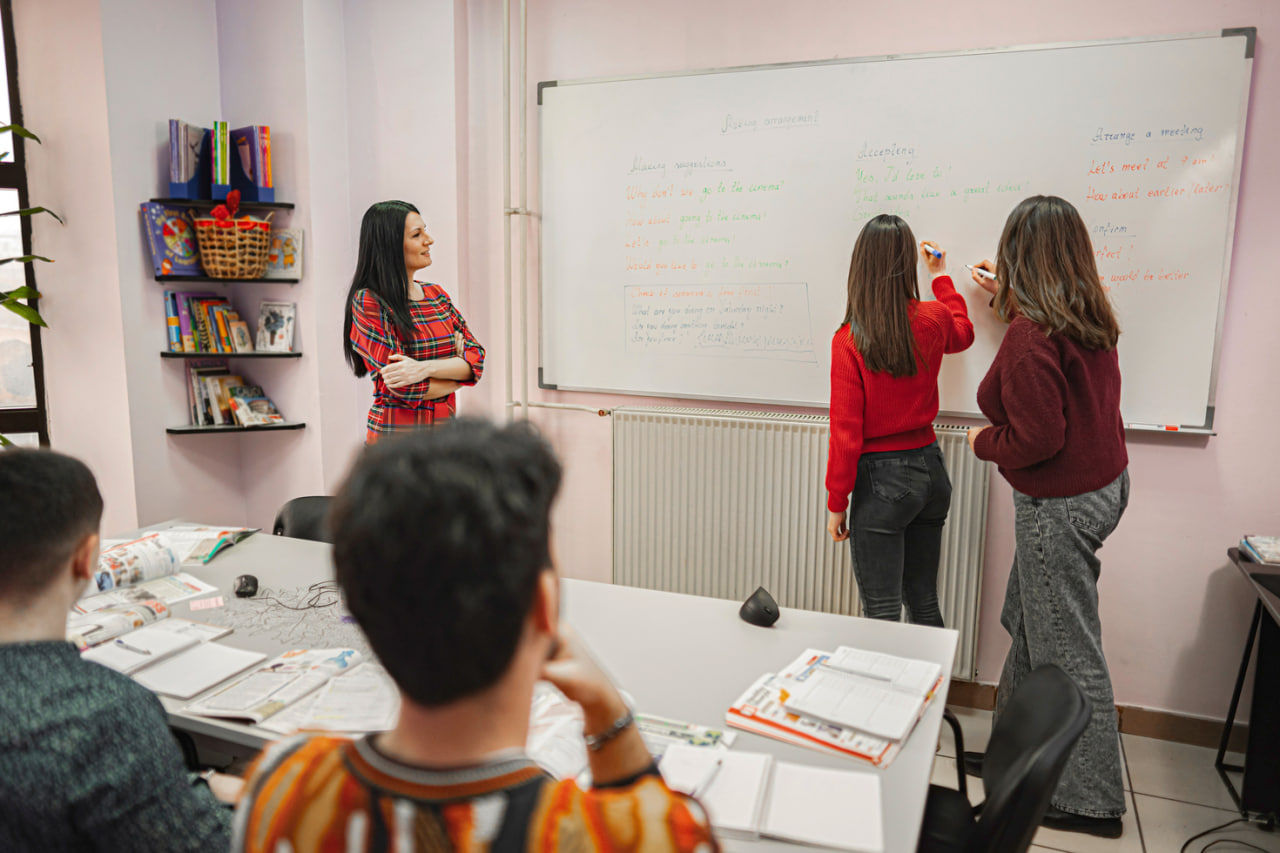How Learning a Language Boosts Confidence and Communication Skills
Learning a new language is more than memorizing words and grammar—it is a journey that enhances personal growth, self-confidence, and communication abilities. For beginners, each step of language acquisition builds not only linguistic skills but also social and cognitive development. This guide explores how learning a language positively impacts confidence and communication in everyday life.
Building Confidence Through Language
Gaining proficiency in a new language provides a tangible sense of achievement. Each new word learned, phrase mastered, or conversation successfully held reinforces a learner’s self-esteem. Overcoming initial fears of making mistakes or speaking in public helps beginners gain courage and trust in their abilities. Confidence developed through language learning often extends to other areas, including school, work, and social interactions.
Improving Communication Skills
Language learning strengthens both verbal and nonverbal communication. Beginners learn to express thoughts clearly, listen actively, and understand social cues in a new cultural context. Role-playing exercises, conversations with peers or instructors, and listening activities enhance articulation, pronunciation, and comprehension. These skills improve the ability to convey ideas effectively and engage in meaningful dialogues.
Overcoming Fear of Mistakes
Many beginners hesitate to speak due to fear of errors or embarrassment. Language courses create a supportive environment where mistakes are viewed as part of the learning process. Encouragement from instructors and peers helps learners embrace imperfection and take risks in conversation. This approach fosters resilience, adaptability, and a positive mindset that strengthens confidence.
Enhancing Social Interaction
Learning a language opens doors to new social experiences. Engaging in conversations with classmates, instructors, or native speakers helps learners develop empathy, active listening skills, and cultural awareness. These interactions teach students to navigate social situations, ask questions, and respond appropriately, building both communication skills and interpersonal confidence.
Practical Application in Real-Life Situations
Using a new language in everyday contexts—ordering food, asking for directions, or chatting with friends—reinforces learning and boosts self-assurance. Successfully navigating real-life situations in another language provides immediate feedback and a sense of accomplishment, encouraging learners to continue practicing and improving.
Encouraging Personal Growth
Language learning nurtures curiosity, patience, and persistence. As beginners progress, they develop problem-solving skills, critical thinking, and the ability to adapt to new environments. These cognitive and emotional benefits contribute to overall confidence and a more proactive approach to challenges both in and out of language learning.
Motivation Through Achievement
Celebrating milestones, such as mastering a conversation or completing a lesson, reinforces motivation and self-confidence. Setting achievable goals, tracking progress, and receiving constructive feedback empower learners to stay committed and feel proud of their accomplishments. This cycle of practice, success, and recognition enhances both confidence and communication competence.
